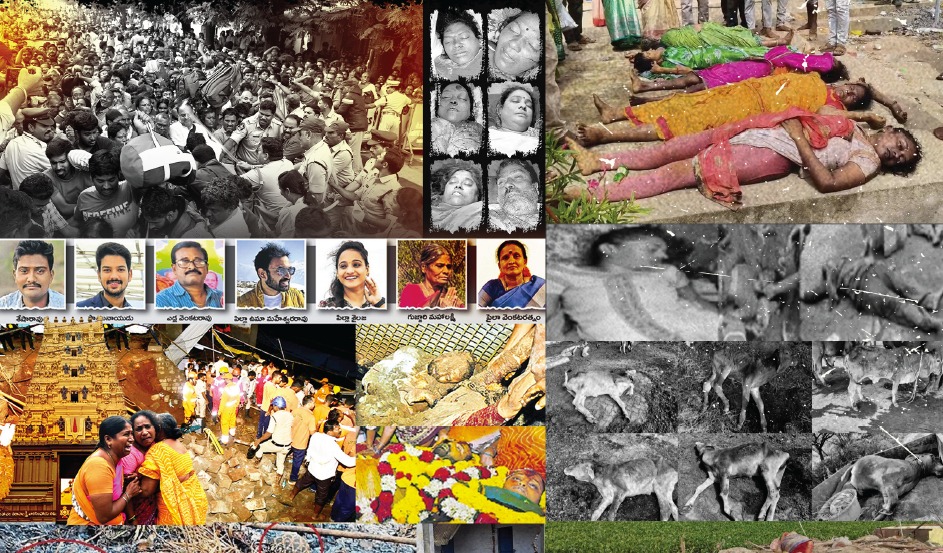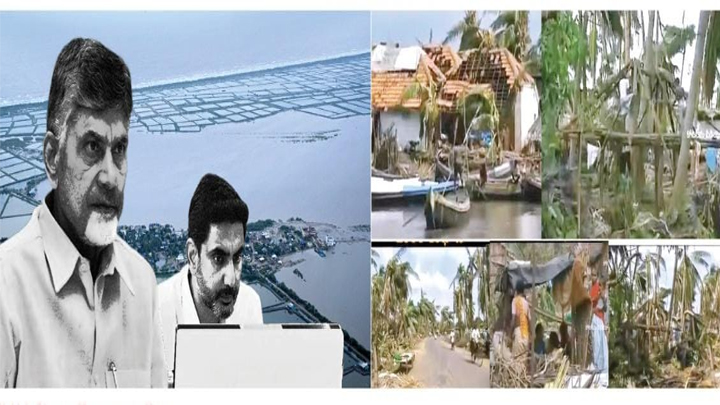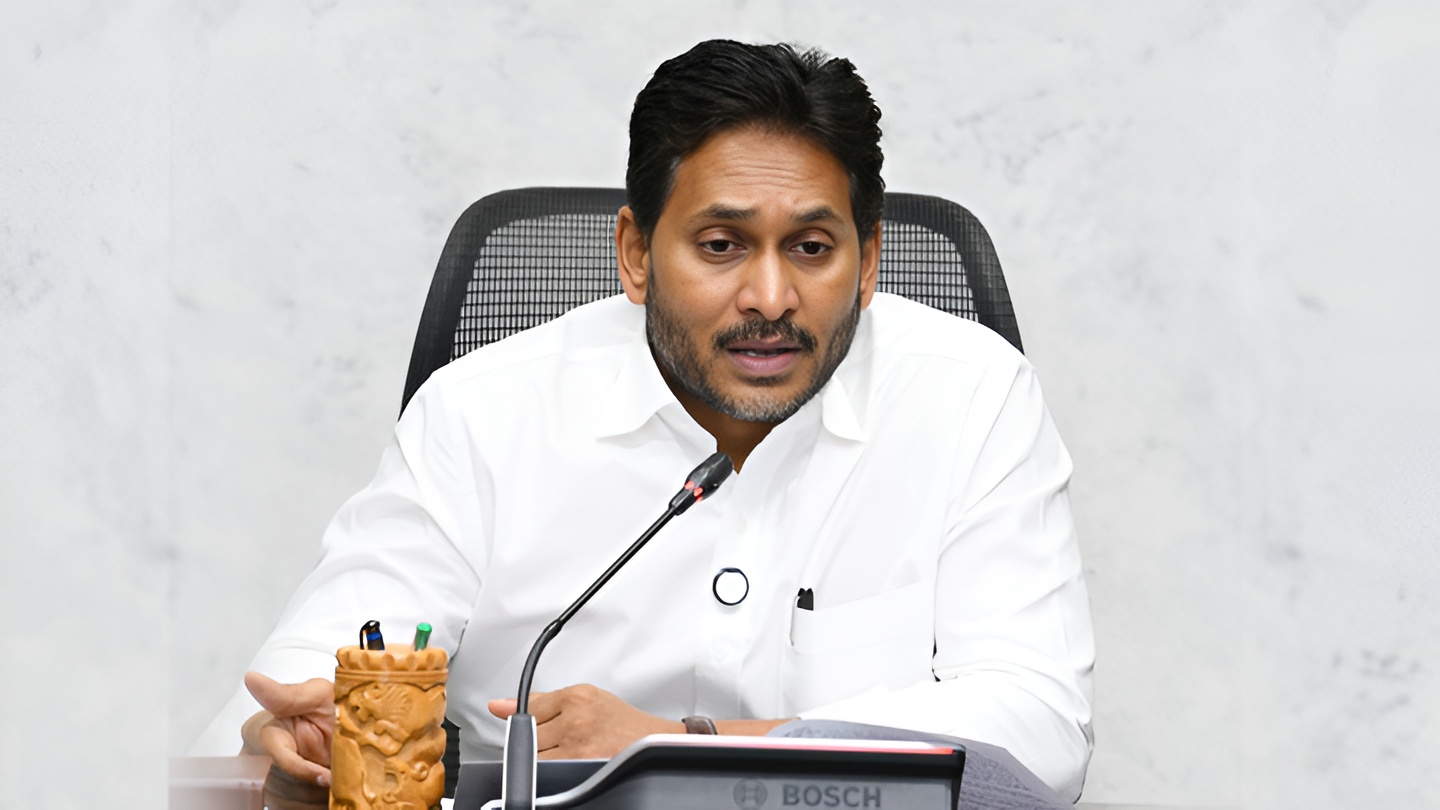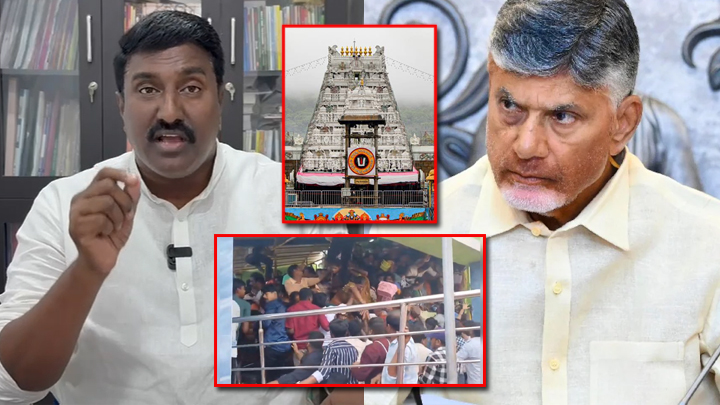In a state already reeling under healthcare workforce shortages, the Andhra Pradesh government’s treatment of Foreign Medical Graduates (FMGs) has sparked national outrage. Despite clearing the mandatory Foreign Medical Graduate Examination (FMGE) and completing the required internships, these young doctors are being denied Permanent Registration (PR) by the Andhra Pradesh Medical Council, effectively preventing them from practicing or pursuing postgraduate studies.
What makes this issue more disturbing is the selective and unjust treatment meted out in Andhra Pradesh. While other states across India are issuing PR to eligible FMGs without discrimination, Andhra Pradesh has enforced additional, arbitrary hurdles that have no legal or regulatory basis. FMGs allege they are being forced to undergo extended internships beyond the one-year requirement, leading to unnecessary career delays and financial burdens.
The consequence? More than a year of career loss, inability to apply for PG seats, and immense psychological trauma for students and their families, many of whom have spent lakhs to crores of rupees for medical education abroad.
Rather than addressing these genuine grievances, the coalition government has responded with silence and suppression. Peaceful protests by FMGs in Vijayawada, especially near NTR Health University, were met with police action. Male and female doctors were manhandled, detained, and even had their clothes torn. Student leaders and supporters from unions who stood with the FMGs were also allegedly targeted and harassed.
The irony is glaring: In a country desperate for qualified doctors, the AP government is accused of pushing young medical professionals to the brink — not with failed exams, but failed governance. What should have been a procedural formality is now a full-blown crisis, drawing sharp criticism from the medical fraternity nationwide.
Doctors’ associations and medical bodies from various states have expressed deep concern over the harassment of junior doctors, calling it not just a policy failure but an insult to the noble medical profession. The opposition YSRCP has accused the ruling coalition of deliberately stalling PRs, suggesting political motives behind the bureaucratic blockade.
The demands from the FMGs and the wider medical community are clear and justified:
Immediate issuance of PR to all eligible FMGs
An end to over-internship mandates and arbitrary delays
Accountability for police brutality during peaceful Protests
A call for the government to engage in meaningful dialogue instead of suppression
Doctors are the backbone of any healthcare system, and Andhra Pradesh can ill afford to alienate its future lifeline. The coalition government must act — not with force, but with fairness — before it loses the trust of not just young doctors, but the people they are meant to serve.
Who are FMGs and What is Permanent Registration Number?
Foreign Medical Graduates (FMGs) are Indian students who complete their MBBS or equivalent degree from foreign universities recognized by the National Medical Commission (NMC). After returning to India, they must follow a specific process before being allowed to practice medicine or pursue postgraduate (PG) studies. The first step is to clear the Foreign Medical Graduate Examination (FMGE) — a qualifying exam conducted twice a year by the National Board of Examinations (NBE). Only those who pass FMGE are eligible to proceed further.
Once FMGE is cleared, FMGs must apply for Provisional Registration with the respective State Medical Council to undergo a one-year Compulsory Rotating Medical Internship (CRMI) at an NMC-approved hospital in India — even if they’ve already completed an internship abroad. After successful completion, they can apply for Permanent Registration (PR), which allows them to legally practice medicine in India and appear for NEET-PG or INI-CET to pursue postgraduate studies. This entire process ensures that FMGs meet the standards required for medical practice in India.











